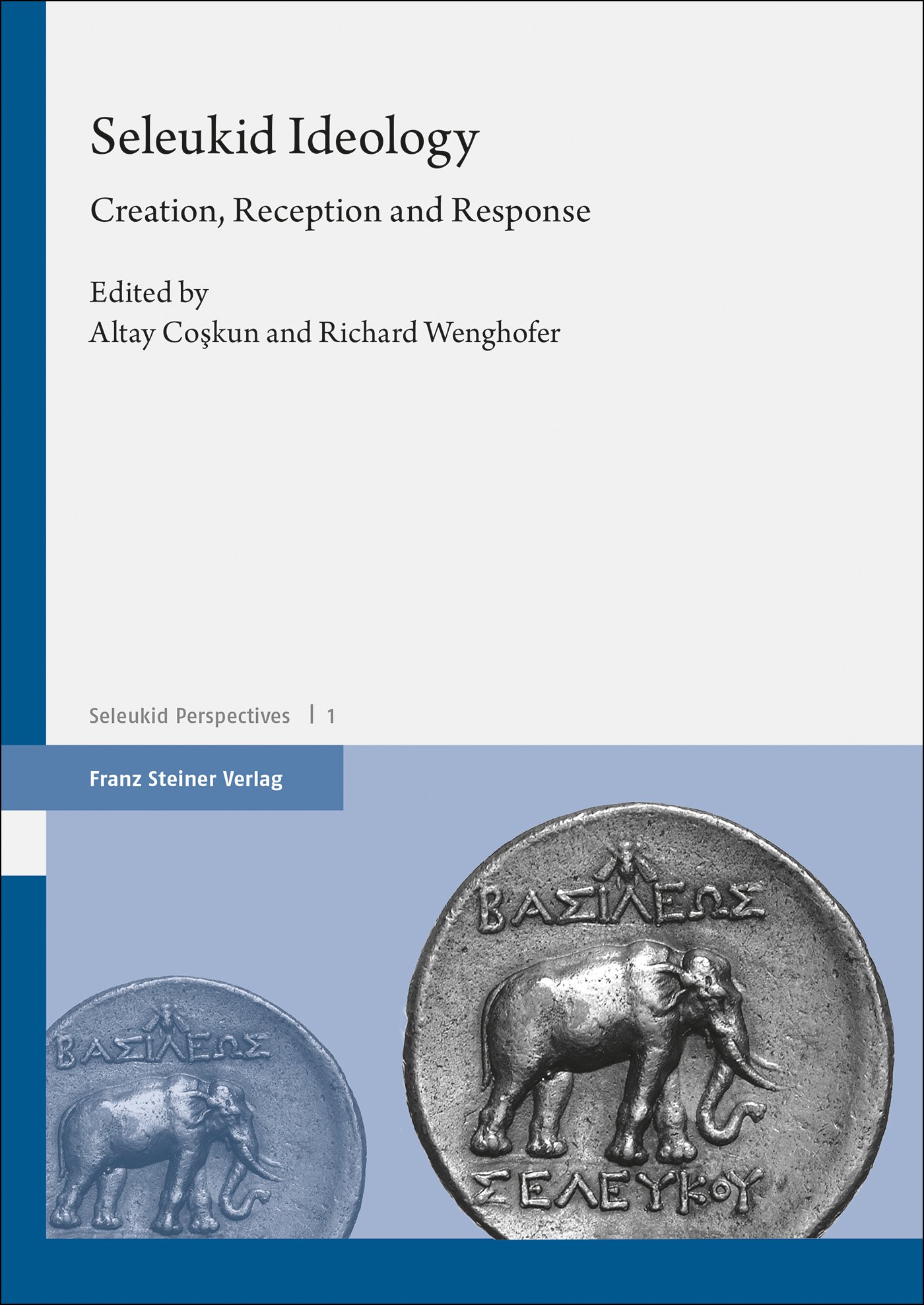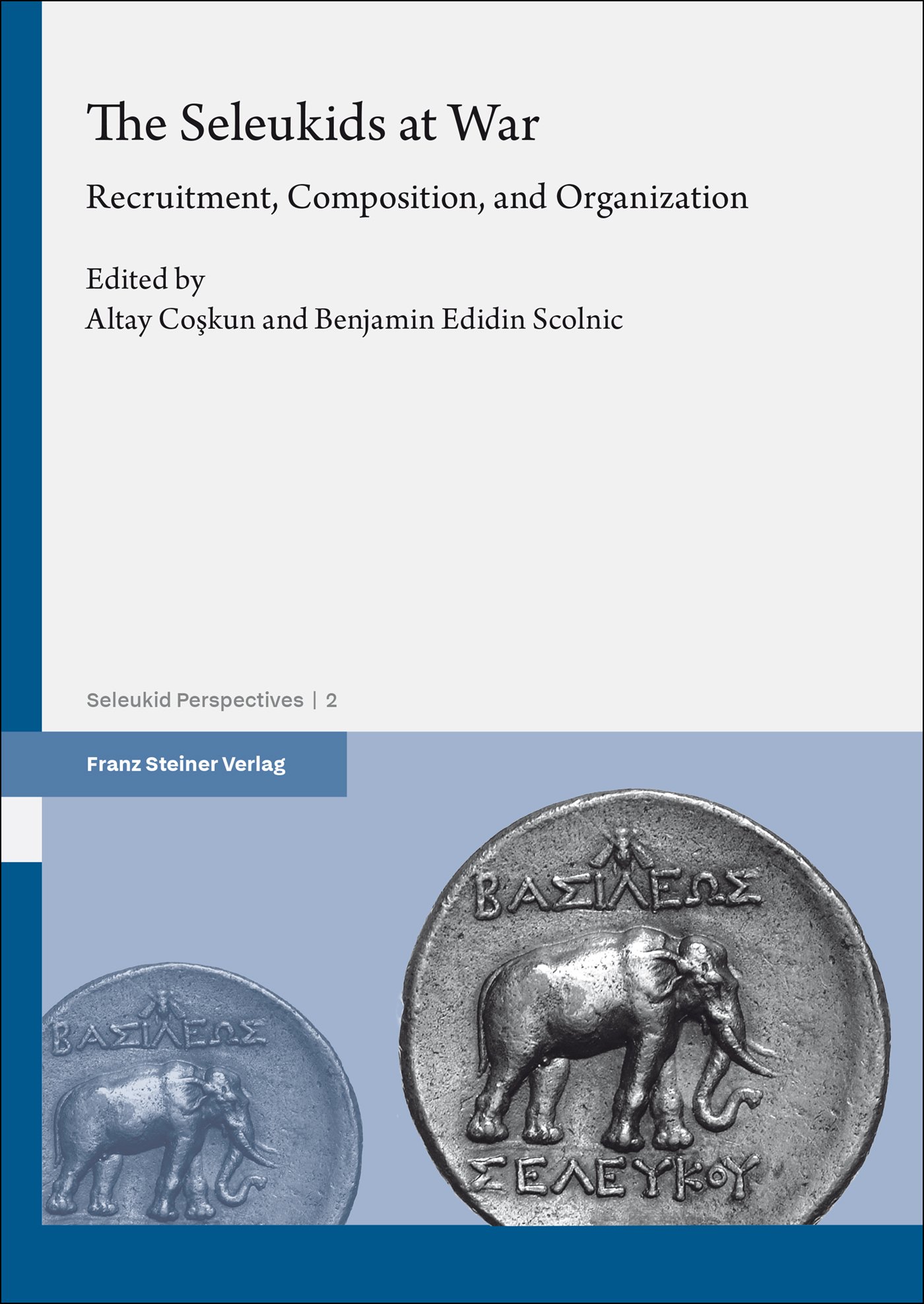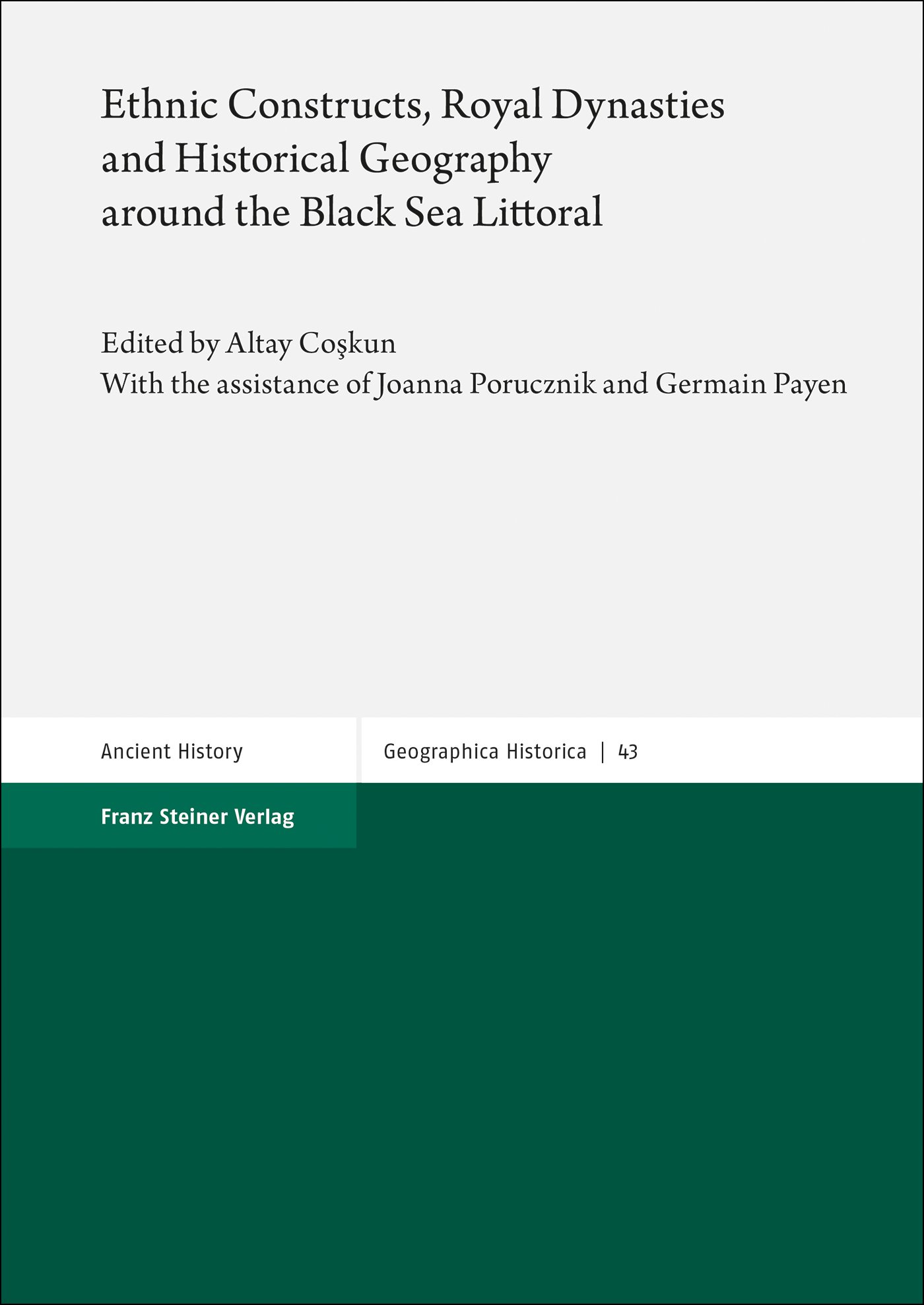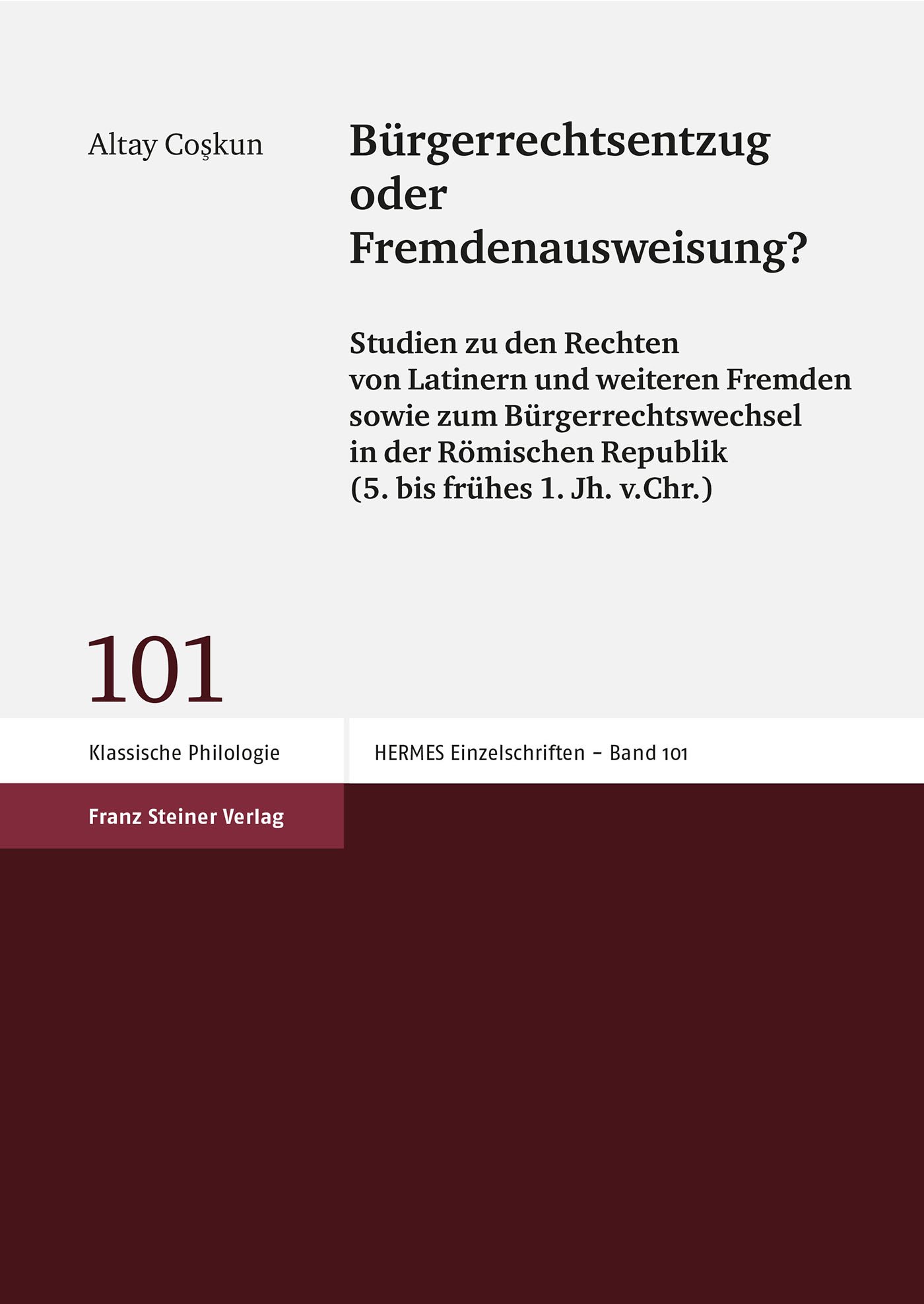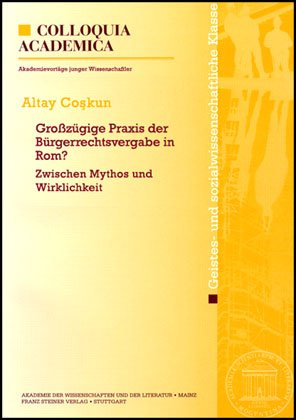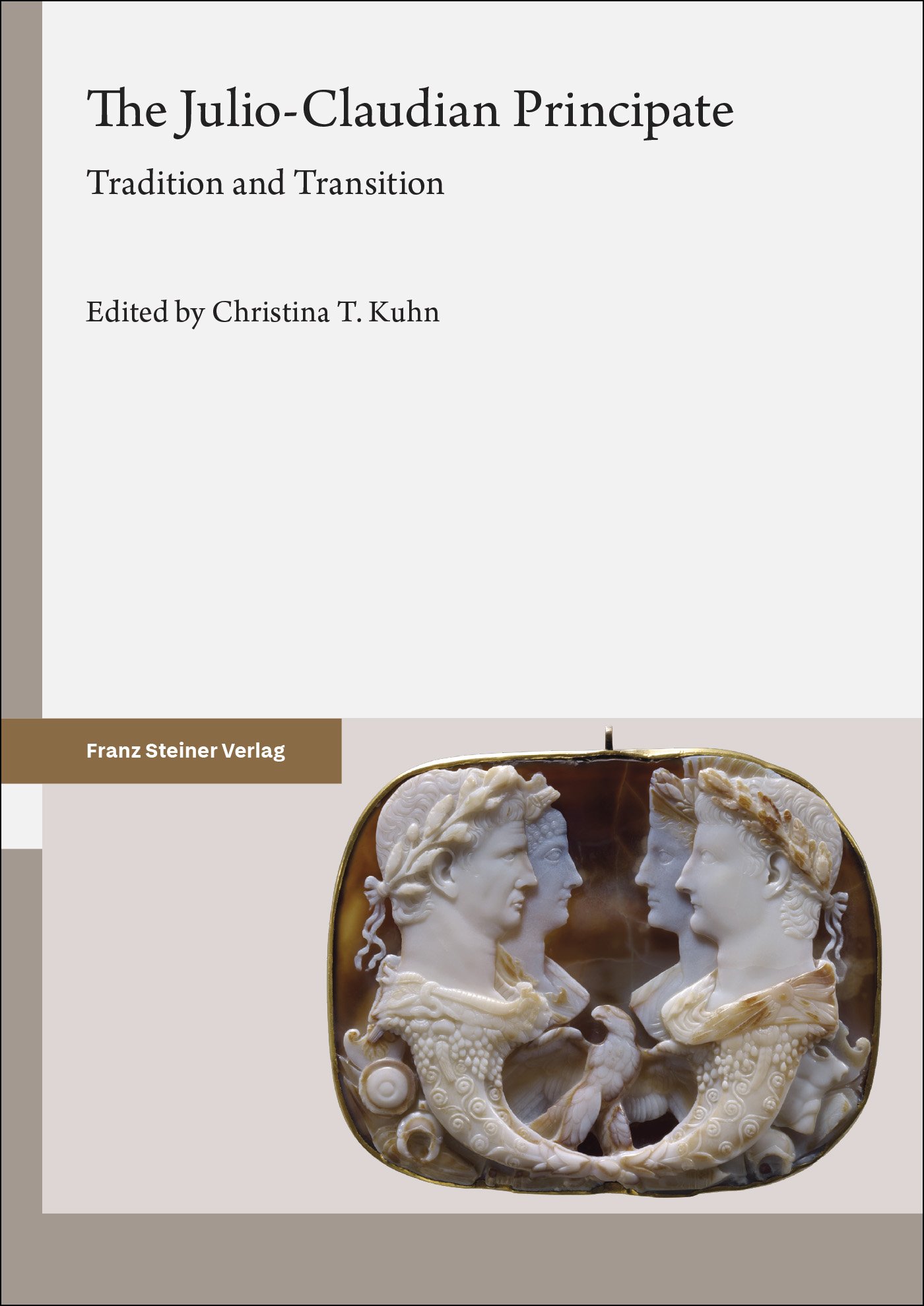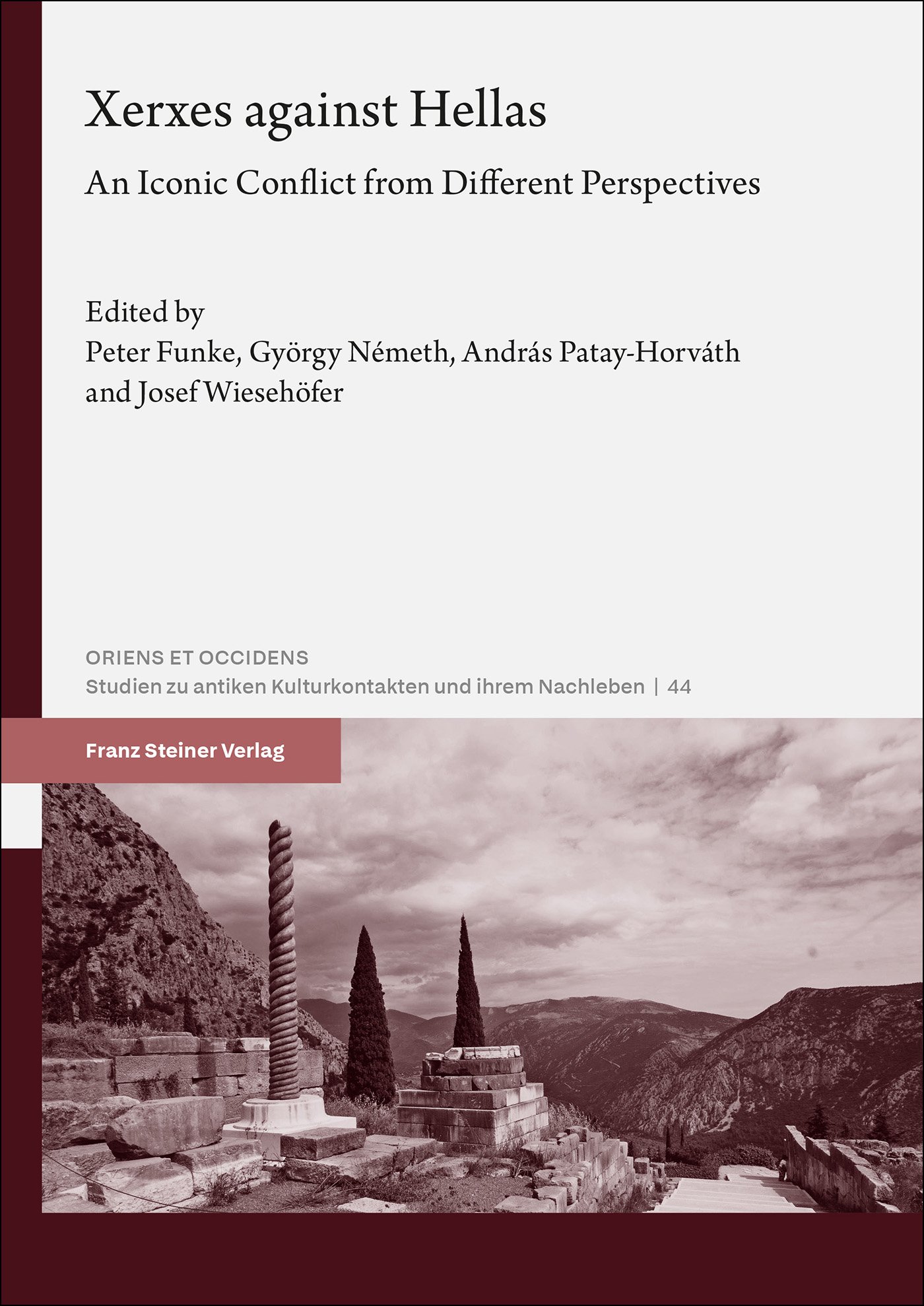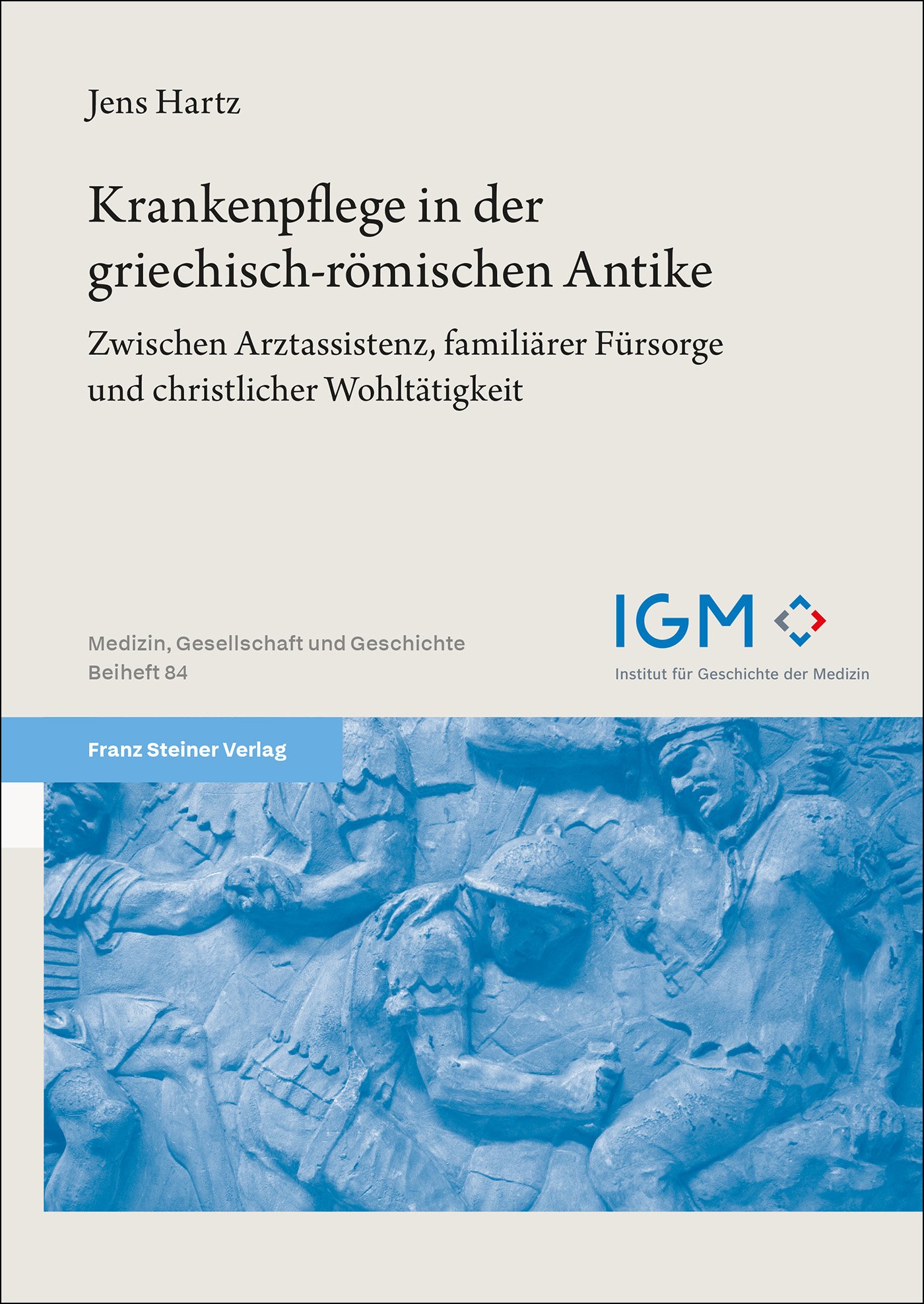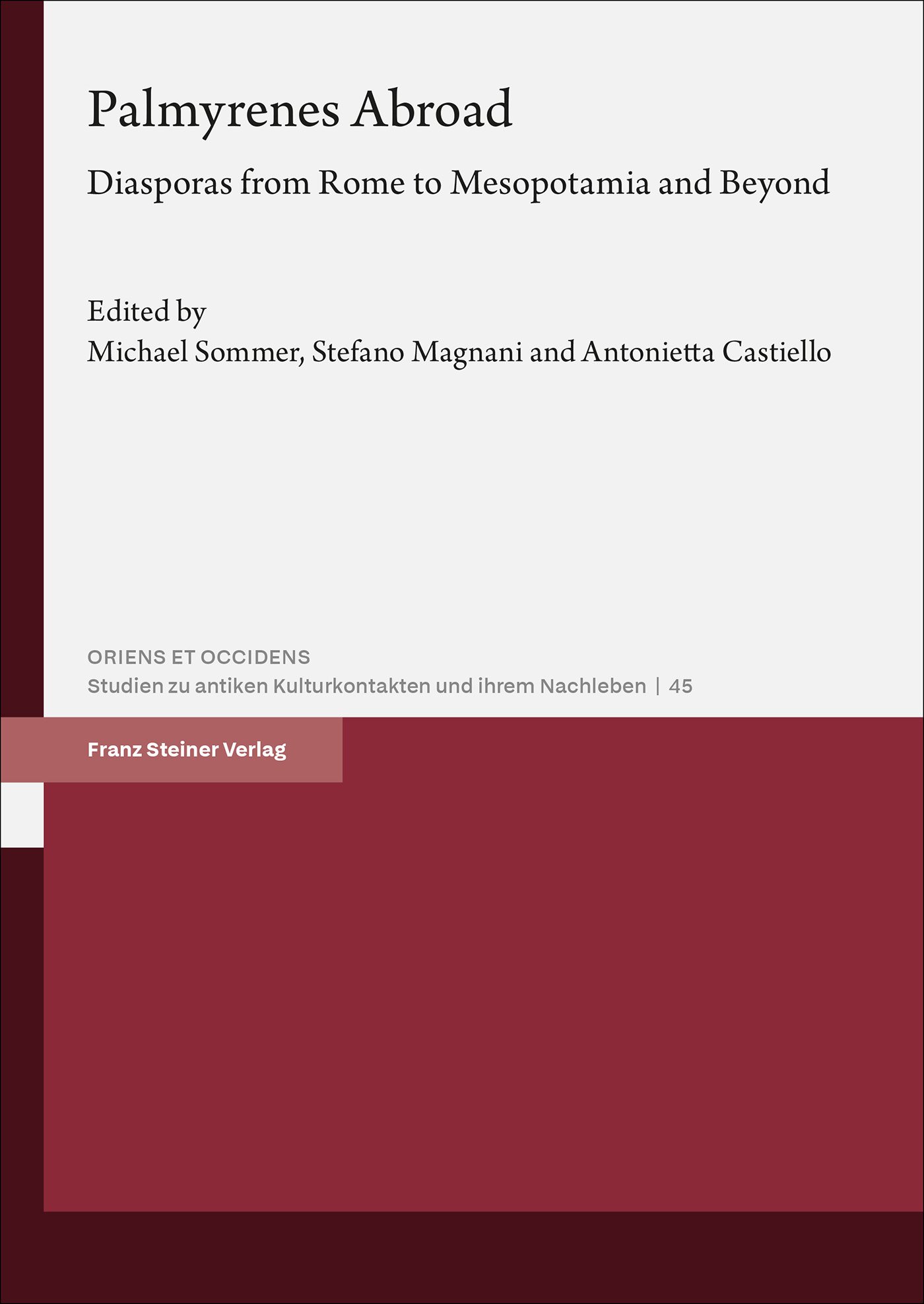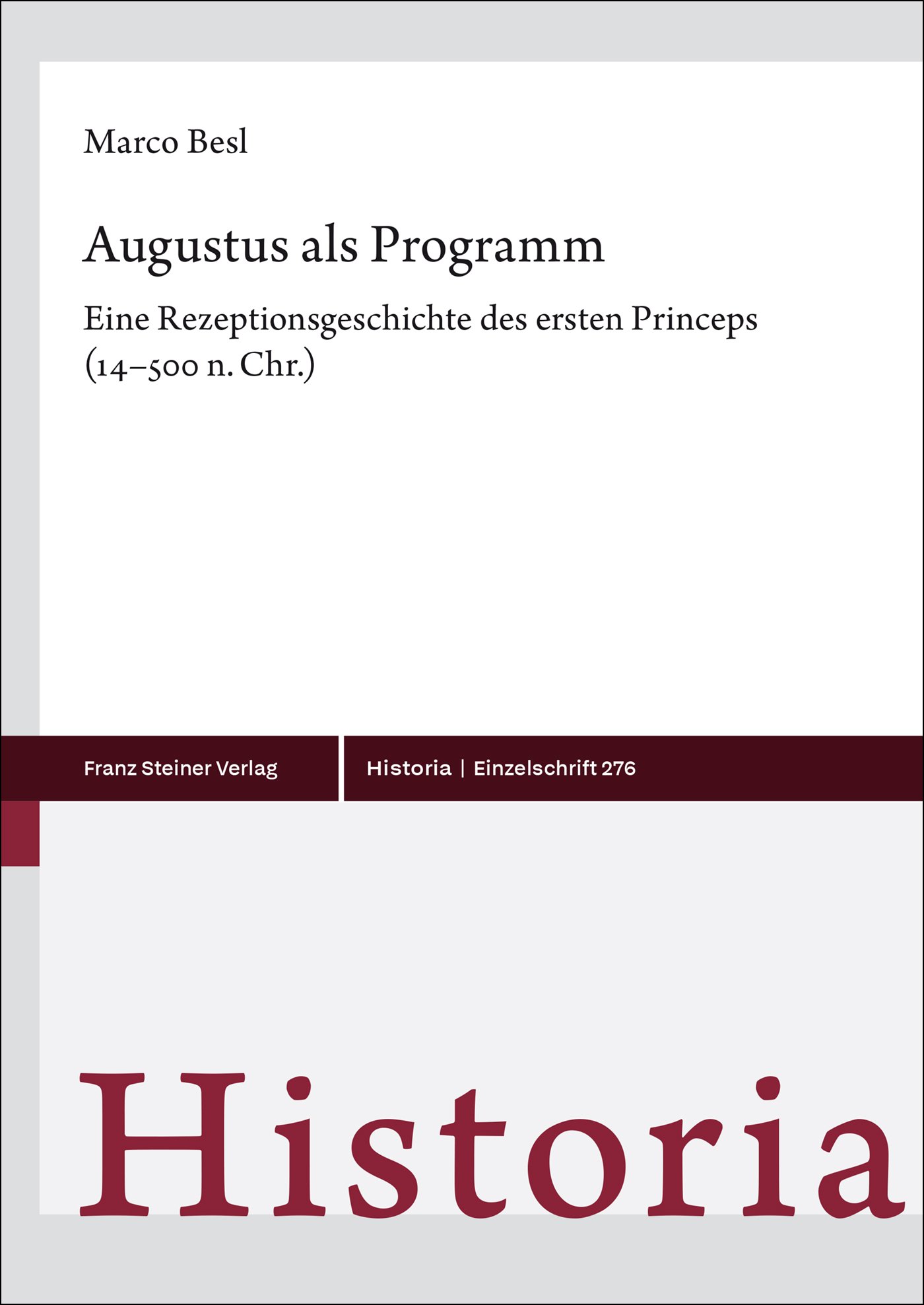Seleukid Ideology
Seleukid Perspectives explore the largest successor kingdom to Alexander the Great’s empire. Seleukid kings established their power on the battlefield but did not rely on coercion alone. They constructed an ideal of kingship to render their authority morally and religiously acceptable. For this, they considered the traditions and sensitivities of their soldiers, subjects, and neighbours, while facing the pretensions of their rivals. What was beneficial or tolerable varied dramatically from one polity to the next. This book examines local influence on and reactions to Seleukid claims by focusing on rituals, discourse, and creative moments in which ideological themes were shaped. Seleukos I (320–281 BCE) closely engaged with the imagery of Alexander and Macedonian rivals, borrowed from Near Eastern traditions, and courted sanctuaries of Apollo. Case studies for his descendants are drawn from Anatolia, Syria, Judaea, Babylonia, and Persia. Praise of the dynasty was more than flattery but part of a process in which subjects actively contributed to perpetuating, modifying, or undermining the royal image. The volume encourages new debates on the complexity and efficacy of Seleukid Ideology.
„Es bleibt zu hoffen, dass die in den nächsten Jahren geplanten Bände der Reihe zu militärischen Aspekten im Seleukidenreich und zu den jüdischen Reaktionen auf die Herrschaft der Seleukiden mit Beiträgen auf gleich hohem Niveau aufwarten können.“
Timo Klär, Marburger Beiträge zur Antiken Handels-, Wirtschafts- und Sozialgeschichte 41, 2023
| Series | Seleukid Perspectives |
|---|---|
| Volume | 1 |
| ISBN | 978-3-515-13478-1 |
| Media type | Book - Hardcover |
| Edition number | 1. |
| Copyright year | 2023 |
| Publisher | Franz Steiner Verlag |
| Length | 390 pages |
| Illustrations | 2 b/w figs., 11 col. figs., 1 b/w tables |
| Size | 17.0 x 24.0 cm |
| Language | English |
